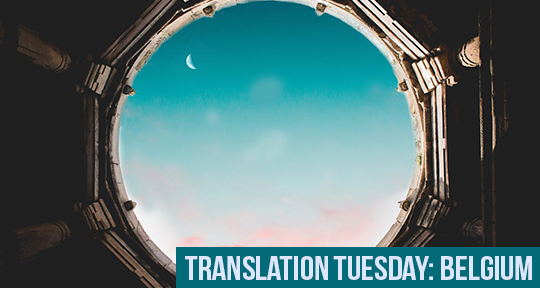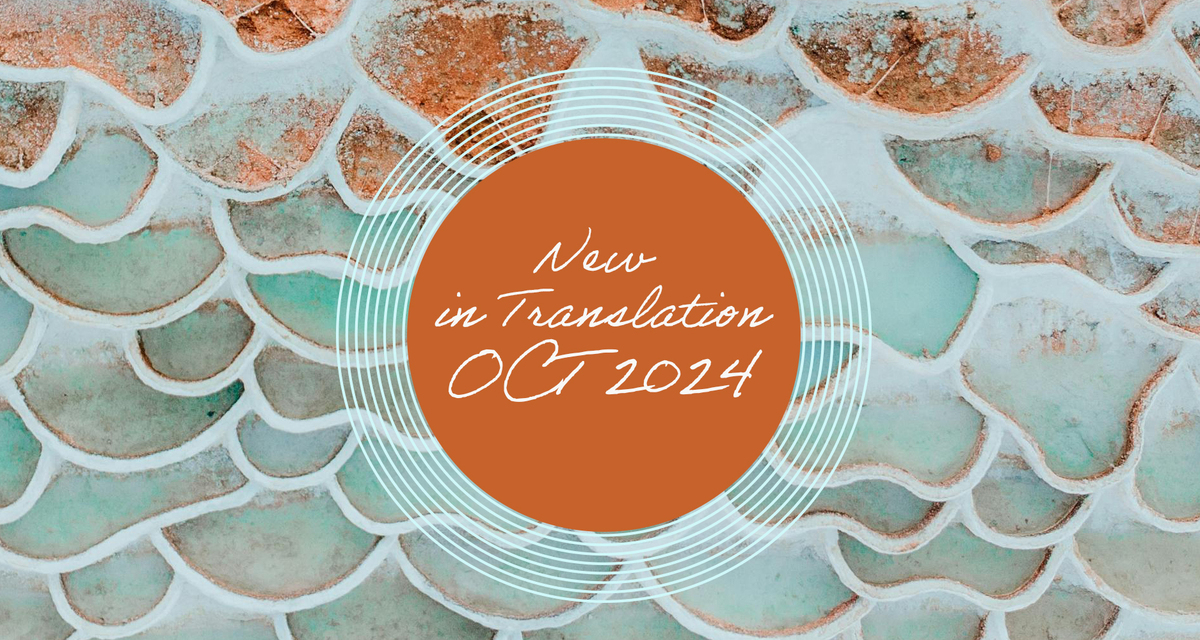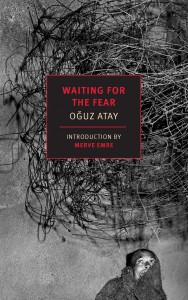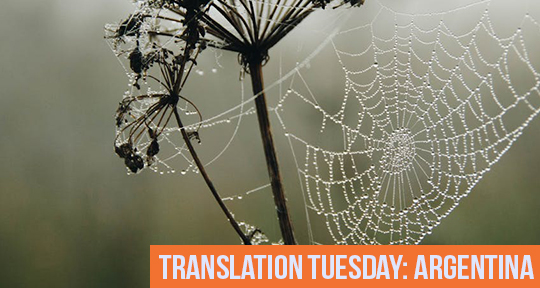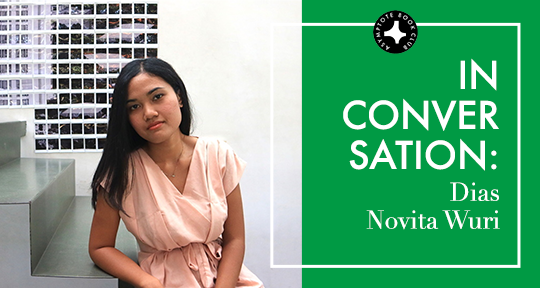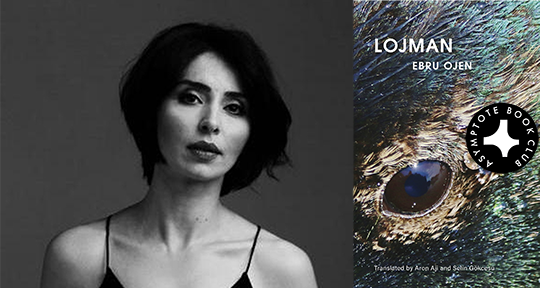Few people go through the all-obliterating pain of childbirth and retain enough presence of mind—or even the desire—to portray the experience. But that’s exactly what Belgian writer Anneleen Van Offel sets out to do in this excerpt from her novel The Voice of Sulina. Through prose that ripples, churns, and overflows, the reader is plunged into the narrator’s mind, which leaps wildly between the hospital room, Greek myths, her increasing pain, and the feeling of the nascent life inside her. Van Offel’s entrancing stream-of-consciousness style mirrors the fluidity and chaos of labor, dissolving the distinction between the female body and bodies of water. Fiona Graham‘s electrifying translation of the original Dutch adeptly captures the deepest transformation a person can undergo: a “primal dance of compression and resistance.”
Body of Water
Thinking back to that time, the walls are white, but of course they’re not white, they’re covered in grainy, pale yellow wallpaper, and on them are devices with wires poking out, papers full of procedures and guidelines and a poster showing various labour positions, and there’s an old armchair, and a tile hanging loose from the dropped ceiling, yet when I think of the room, it’s a white room, and it’s empty. Leon and I are standing in the middle of a plain, there’s no vegetation, and it’s silent.
Utterly silent. For hours on end.
We sit on the bed and walk around a bit, read through all the procedures and guidelines, and from time to time someone comes in to ask if anything’s happening yet, but nothing’s happening, I took the tablets two hours ago with plenty of water, the tablets that will set off the labour pains – it’s better to call them waves, said the midwife on the course we took, they’ll hurt less then. I’m not far gone enough, I think, we’re not ready, and the course didn’t tell us anything about this, even though we studied and practised diligently, on an exercise ball and a yoga mat, and went through the various options, on five consecutive Saturday mornings. Naturally I highlighted passages in the course book and made notes and comments in the margins, because that’s the way I am, and now we’re running through the scenario from beginning to baby. But nothing’s happening.
A few hours ago I found out that my body is poisoning itself. The gynaecologist rang with the results of my blood test; my liver’s failing and there’s protein in my urine, the HELLP syndrome, she said; you don’t want to hear your doctor utter a name like that, but it’s not a disaster, she added, your pregnancy is far enough advanced. It’s best to give birth as soon as possible.
This has to do with Leon’s antigens, as I understand it, it’s an auto-immune reaction to his presence in my body. The blood vessels feeding into the placenta are constricted and my body has to pump more blood round, raising the pressure, like water behind a dam, while my own organs are drying out and slackening, meekly making a maternal sacrifice.
For several days now, a band beneath my breasts has been gradually tightening, a phantom corset, and there’s a tingling in my fingers that I try to squeeze out, clenching my fists until my skin whitens with subcutaneous ink. Now, of all times, the baby is still, as if there were no tablets on their way to drag her by the scruff of her neck out of the bubbling primeval swamp.
But it’s inescapable.

